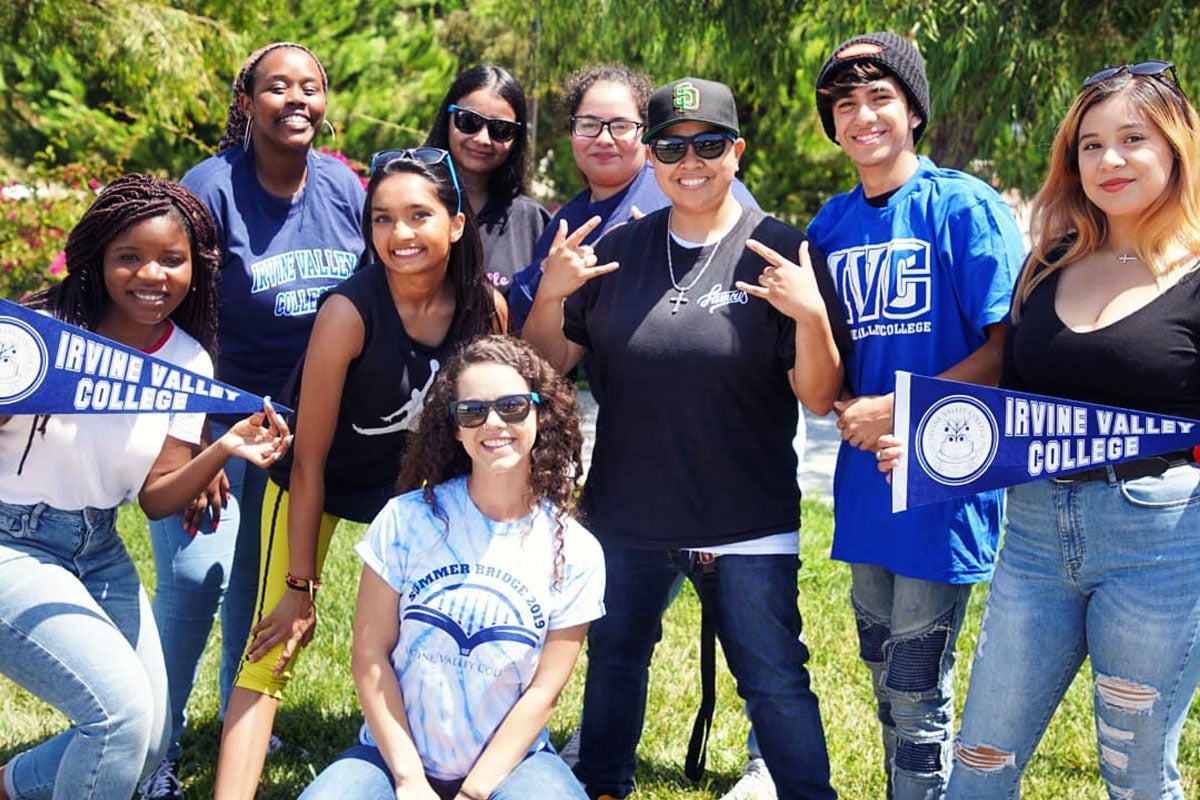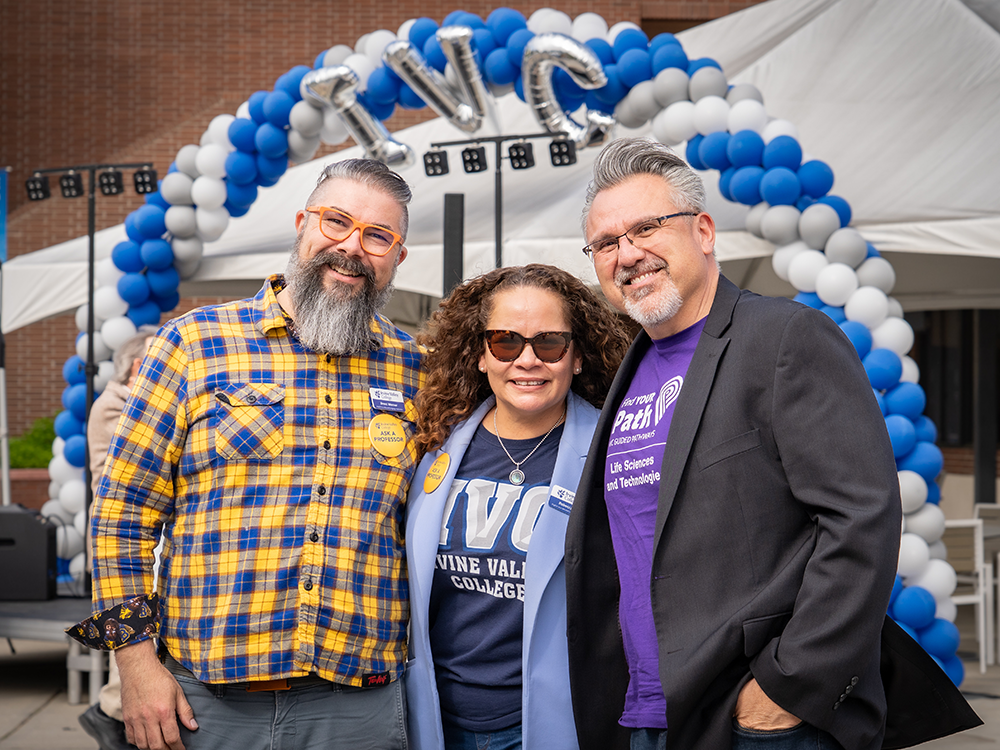The strategy of California’s energy plan is to train a workforce with job skills and education that will put them into energy efficient careers and jobs. The economy of California is becoming even more dependent in clean energy technology. It is estimated that job growth will be found in this growing and sustainable industry.
The role of the Deputy Sector Navigator for Energy Efficiencies and utilities is that of a facilitator that will work with the utility industry and energy efficiency service providers and the state’s academy institutions, K-12, and community colleges. The position of the DSN is to investigate the knowledge and skills required by industry and review the programs and curriculum offered at the state’s academic institutions. The DSN will identify the breakdown where the current programs and curriculum falls short of meeting the skills and information that is required by the energy efficiency industry. The DSN will facilitate the modification of current academic courses and curriculum that address the industry’s requirements.
The DSN will participate in activities that Include:
- Coordinate with instructors and curriculum committees to develop courses that are relevant to skilled energy careers and jobs
- Manage contracts that support the goals of the sector strategy
- Work with support personnel with the collection, organization and dissemination of information about the skills and training that is required by the energy sector.
- Coordinate alignment of regionalization of stackable certificates that aligns with a particular occupation related to energy.
- Updating the skills of counselors, teachers, faculty, and administrators towards students that reflects energy and labor market needs.
- Work with apprenticeships, educators, labor, K-12 administrators, businesses, and government officials in the development and implementation of skilled energy efficient programs and training.
- Support and contribute to the state’s SmartGrid program and technologies.
- Support training to help fill the gaps of retirees in the Utility industries.
The objectives of this position are to help to contribute to the state’s job growth and economic recovery. The ultimate outcome is to help build an energy efficiency workforce in the commercial, industrial, and institutional sectors of energy efficiency and clean energy generation.





